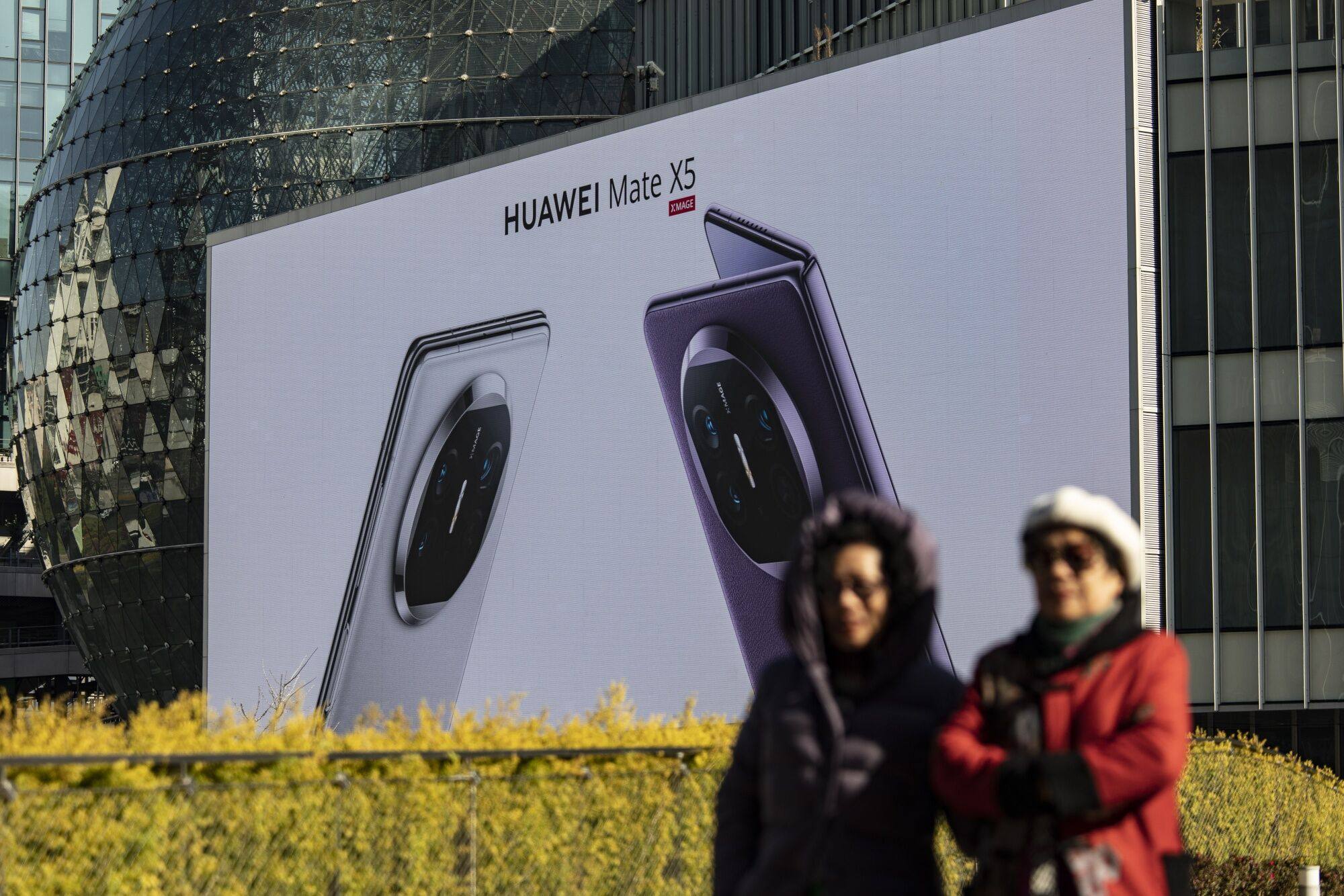
Nokia set to exit telecommunications joint venture with Huawei amid US-China tensions
- The Finnish company will sell its majority stake in TD Tech to a group that includes state-owned entities, pending final government approval
- Huawei has long been considered the de facto controller of TD Tech, which has been selling rebranded phones from the Chinese giant since 2021
Finnish telecommunications equipment giant Nokia has found new buyers for its majority stake in a Beijing-based joint venture with Huawei Technologies, after a proposed deal fell through last year following strong protest by the Chinese partner.
Under the latest agreement, wireless technology firm TD Tech will be jointly controlled by Huawei and a group of entities that include the government-owned Chengdu High-Tech Investment Group and Chengdu Gaoxin Jicui Technology Co, as well as venture capital firm Huagai, according to a disclosure published on Friday by the State Administration for Market Regulation (SAMR).
The document did not reveal how much equity each of the new participants will hold. Before the sale, Nokia owned 51 per cent of TD Tech, while Huawei held 49 per cent.
Regulators said they had no antitrust concerns on the deal and would solicit public feedback until January 28. Huawei and TD Tech together control no more than 10 per cent of China’s smartphone market, according to the SAMR, which did not specify the time frame for that data.

Huawei had a 14 per cent share in the Chinese smartphone market in the third quarter last year, putting it in fifth place behind its spin-off Honor and rivals Oppo, Vivo and Apple, data from market intelligence firm Counterpoint Research showed.
TD Tech, founded in 2005, had been a joint venture between Huawei and German tech conglomerate Siemens until 2007, when Siemens sold half of its stake to Nokia. In 2013, Siemens divested all its shares, making Nokia the major shareholder.
Known for its wireless communications equipment, including 4G and 5G networking gear, TD Tech has a presence in more than 100 countries serving 8 million industry customers, according to its website.
While Nokia had been the majority owner of the joint venture, Huawei has been the de facto controller, according to industry observers.
Huawei opposition to Nokia sale of joint venture threatens Finnish firm’s exit
When Nokia last year tried to sell its majority stake to Shanghai-listed ink maker New East New Materials, Huawei threatened to stop licensing technology to TD Tech. That deal ultimately collapsed.
Huawei likely did not want to lose control of TD Tech, which could help the Chinese tech giant circumvent some US sanctions and help it address certain market segments more efficiently, Yang said at the time.
TD Tech in 2021 started selling what amounted to rebranded Huawei smartphones under its own brand. They included the M40 5G, which used a 7-nanometre chip from Taiwan-based MediaTek instead of Huawei’s own Kirin processors.

